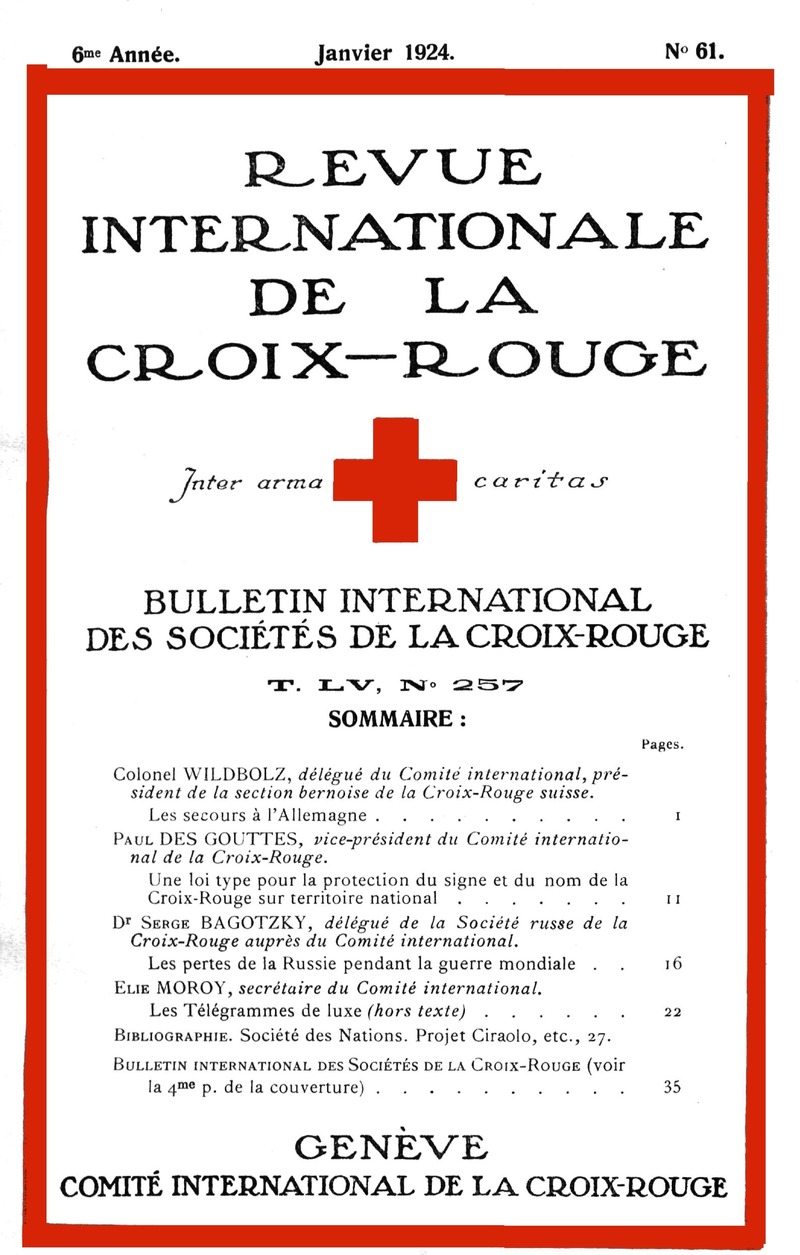

Alternatively, the IRS may be saying that it is not sure what the law is and is foregoing enforcement pending clarification of the law’s meaning. Perhaps, as Professor Zelenak believes, the agency is “acknowledg that it is not enforcing the law.” Id. But the most that can be said about these IRS pronouncements is that they are ambiguous. at 837 (alterations in original) (citations omitted). In fact, the IRS’s most significant pronouncement on the topic-its 2002 announcement-implies the opposite when it states that “the IRS has not pursued a tax enforcement program” with respect to frequent-flier miles and notes that “ny future guidance on the taxability of these benefits will be applied prospectively.” Thus, far from claiming that its position is an interpretation of the statute, the IRS acknowledges that it is not enforcing the law.
Moreover, the IRS has never stated that frequent-flier miles are not within the scope of § 61. (citing Abreu & Greenstein, Defining Income, supra note 4, at 300) (alterations in original). Nothing in the language or legislative history of § 61, and nothing in Glenshaw Glass, suggests (for example) that employee-retained frequent-flier miles are not within the definition of gross income. important values in taxation,” including “a variety of noneconomic values.” This stretches beyond the breaking point the concept of what counts as an interpretation. permitting the evolution of a concept of income that serves. As he explains:Īccording to Professors Abreu and Greenstein, the statutory definition of gross income (as glossed by Glenshaw Glass) “gives the IRS the flexibility to navigate the shoals of social opinion regarding income taxation, thereby. Professor Zelenak’s concern is that our view “stretches beyond the breaking point the concept of what counts as an interpretation.”. 101 (2012) (suggesting that standards are superior to rules in interpreting the definition of income). Greenstein, It’s Not a Rule: A Better Way to Understand the Definition of Income, 13 Fla.

295 (2011) (suggesting that the IRS considers both economic and noneconomic values when applying the definition of income) Alice G. To illustrate the customary deviations that he identifies, Professor Zelenak analyzes the IRS’s announced decision not to take the position that employee-retained frequent flyer miles earned on employer-funded or business travel produce income when used for personal travel by employees, but observes that other examples abound.Īs Professor Zelenak notes, we have devoted some effort to exploring the gap between the expansive literal meaning of various statutory and judicial definitions of income and the narrower meaning that emerges from IRS policies and practices. and he concludes by proposing “legislation aimed at retaining the practical advantages of customary deviations while assuaging rule-of-law concerns.”. He worries that “the lack of any judicial check on unauthorized giveaways by tax administrators threatens rule-of-law values,”. 829 (2012) (evaluating administratively created customary deviations from the Internal Revenue Code). Zelenak, Custom and the Rule of Law in the Administration of the Income Tax, 62 Duke L.J.
#Irc 61 code#
In a recent essay on what he identifies as “customary deviations” from the dictates of the Internal Revenue Code, Professor Larry Zelenak asserts that the Internal Revenue Service has regularly created administrative deviations from the Code that produce taxpayer-favorable results that cannot be challenged in the courts because taxpayers lack standing to bring such challenges. All errors, omissions, and deficiencies remain ours. Finally, we gratefully acknowledge the financial support of our research provided by Temple University’s Beasley School of Law. Ashley Rivera, Temple ’13 (J.D.) and ’14 (LL.M, Taxation) once again provided exemplary research assistance. We are especially indebted to Professor Larry Zelenak, whose critique of our earlier work has helped us to refine and expand our analysis and who has been gracious in his public engagement with our ideas.

We also received important suggestions from the participants in Northwestern’s Advanced Topics in Taxation Colloquium and from the participants in the Law and Society Association Annual Meeting in May, 2014. We want to express our deep appreciation to our Temple colleagues Jane Baron and Andrea Monroe who provided pointed and helpful comments as Discussants at the Temple Faculty Colloquium at which we presented an earlier version of this Essay, as well as to those colleagues who participated in the Colloquium. Professor of Law, Temple University’s Beasley School of Law.


 0 kommentar(er)
0 kommentar(er)
